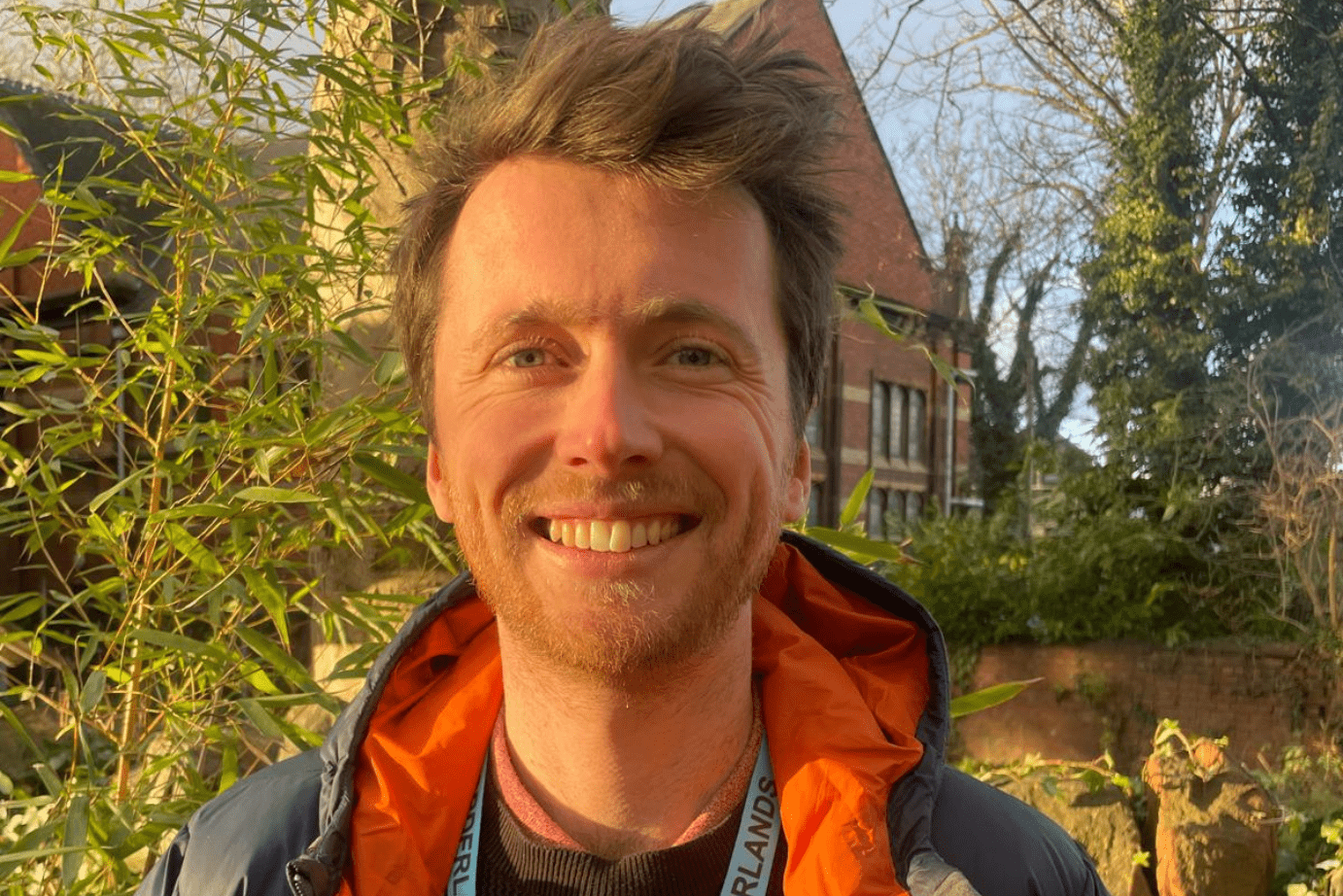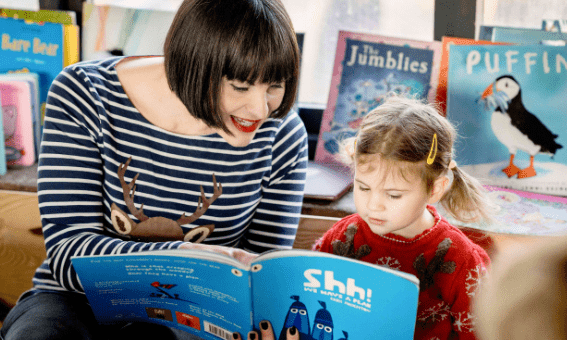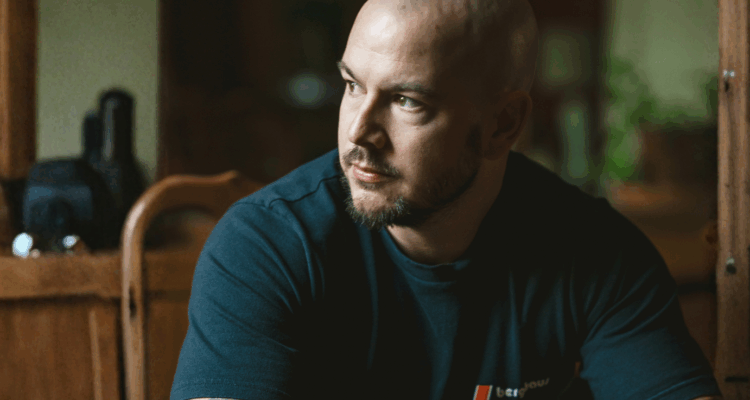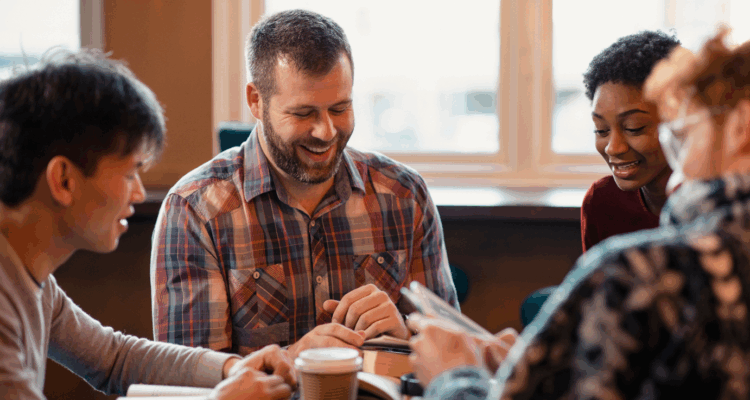Doug: ‘In the group…we’re not just talking to the participant as a refugee, we’re talking to them as a person.’
Douglas is Learning Project Manager at Borderlands, a charity working with refugees and asylum seekers in the Bristol area. An English for Speakers of Other Languages (ESOL) Shared Reading group is led at Borderlands by volunteers trained by The Reader.

‘There are lots of different strands to the work we do, but they all focus on inclusion and belonging. We’ve found that Shared Reading fits really well into our very person-focused approach. I know that our volunteers absolutely love running the Shared Reading group here. It really means a lot to them that it's run well, because they can see how much the participants get from it – you see some people completely come alive in the sessions. At one point we had a few regular participants who were suggesting missing their GP appointments in order to attend the group! They said, ‘the poetry comes first!’
The Shared Reading group is different from our other classes because people don’t have to pre-register, they can just drop-in. It’s very fluid and inclusive. We get a real mix, from people in their early 20s to older people – last week a woman came with her grandchild. Slightly more women than men attend, I think because they find it to be a safe space. But we do find that for men from places in the Middle East it’s completely natural to be going to poetry sessions, and second nature to talk about poetry, which is lovely. Others might be a bit unsure, maybe they have never read poetry before, and they are welcomed too.
When people arrive in the area and come to us, we talk to them about a range of activities and classes to try and help them settle into Bristol as much as we can. The Shared Reading group is really great for those who want something more, and those who have a higher level of English. But the format is so flexible we can accommodate those with less English too, and whatever their level of language ability, we find there’s always something that engages the participants – whether it’s the words, or the feelings or themes in the poems. The other week we read a poem about friendship, and by chance there were two women in the group who had only recently met in the hotel and become friends – the poem really resonated with them and they got really involved in the session.
The Shared Reading group is really invaluable because it makes people think of English in a different way. A lot of our students only ever talk to people in positions of power; they're being questioned a lot; the dynamics in most of their interactions are skewed against them. But in the Shared Reading group, everyone is equal, exploring the poems together. They're listened to, they can try new English words, and it doesn’t matter if they don’t use the words in exactly the right way. The group offers the chance to engage on their own terms with the language in a really safe space.
It opens a gateway to discussions that you can’t get elsewhere. Sometimes it's through the poetry that we find the passion that people have for other things. For instance, there was a girl in the group a few weeks ago, and during the discussion of the poem she mentioned she loves football and that was what she really missed from her home. By the end of the session, we'd contacted a local team and they’d given her a place.
In the group people can say who they are, rather than just their status, because we're not just talking to them as a refugee, we're talking to them as a person. They can come with all their different experiences - sad, tough, or happy – the whole mix. It gives them a chance to find some wholeness, to have some individuality again.’
If you would like to know more about Shared Reading visit a Find a Group here. Find out more about The Reader’s Shared Reading in Communities here and if you are an organisation or business interested in partnering with The Reader visit here.
Share
Related Articles

The Reader launches Christmas appeal to raise £10,000 to help care-experienced children thrive through the joy of reading
As the festive season approaches, the Liverpool-based national Shared Reading charity is launching an appeal calling for help to make…

Meet Anton Clarke, Director of Social Enterprises
‘The Reader has made a meaningful difference to the lives of many people’ Director of Social Enterprises Anton Clarke looks…

Rise in free ESOL Shared Reading groups at The Reader
Tough new government language requirements for migrants seeking permanent residency in the UK come into effect from January 2026. A sharp rise…


